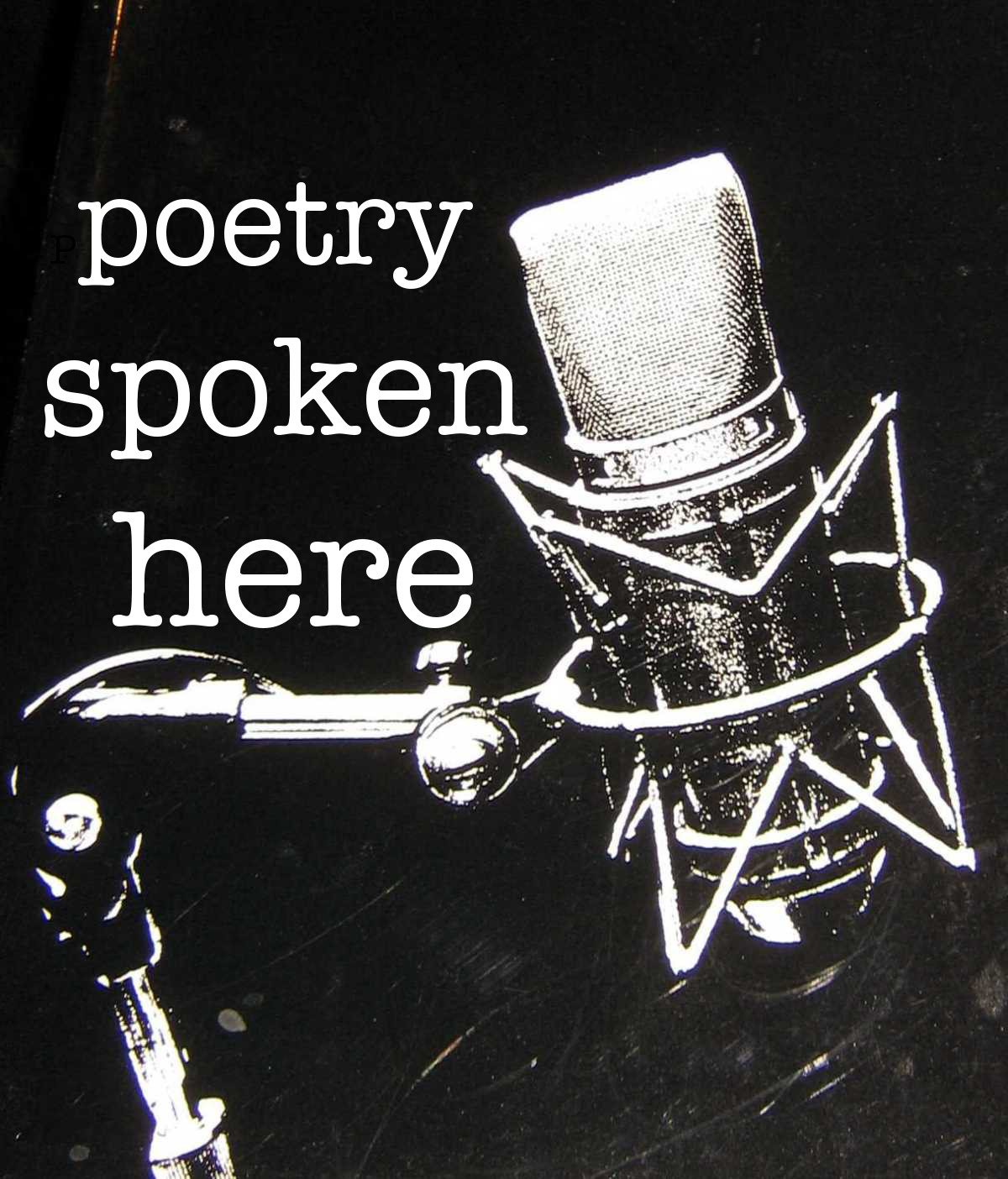Juan Felipe Herrera, current Poet Laureate of the United States, signing book in Wisconsin.
Juan Felipe Herrera packed the house for a reading at UW-Milwaukee’s, Union Ballroom, on Thursday, March 3rd. During the hour-long reading, Herrera showed that he has everything you could want in a major ambassador for poetry. He’s personable, humane, entertaining and a formidable poet.
After a brief introduction, Herrera came on wearing a bright red sport coat over a black horizontal-striped t-shirt with a bold patterned skull cap. (The hat was quickly discarded.) Herrera exudes a warm, positive vibe, sprinkling the readings with personal stories such as the one about when he traveled to Chiapas with a supply of beads and machetes, presumably to trade with the locals, because a guide book for anthropologists suggested he do so. Once he actually met the locals, he was chagrined to realize that advice from a book written in the 1940s has become completely useless.
Herrera deserves high marks for presentation. He’s the only poet laureate I know of who skillfully uses performance poetry techniques to get his poems across. He used call-and-response to get the audience chanting “climate change” with him; at another point he sang-talked a portion of a poem, and later he even danced a little. He even had the audience speaking Spanish during another call-response.
It’s heartening to hear a poet laureate who is willing to address contemporary issues such as the use of excessive force by law enforcement. His belief in the relevance of poetry is evident in one of his most powerful poems, written for those slaughtered in Charleston. It begins “Poem by poem we can end the violence.”
The reading culminated with a standing ovation followed by an encore of three short poems. Needless to say, if the poet laureate gives a reading in your town, you’ll want to hear him, but get there early—the official attendance count for this reading was 650.
(NOTE: Herrera will be reading Friday, April 13, at the Library of Congress as a kick-off event for this year’s Split This Rock poetry festival in Washington, D.C. There’s a conference fee, but Herrera’s reading is free and open to the public.)

